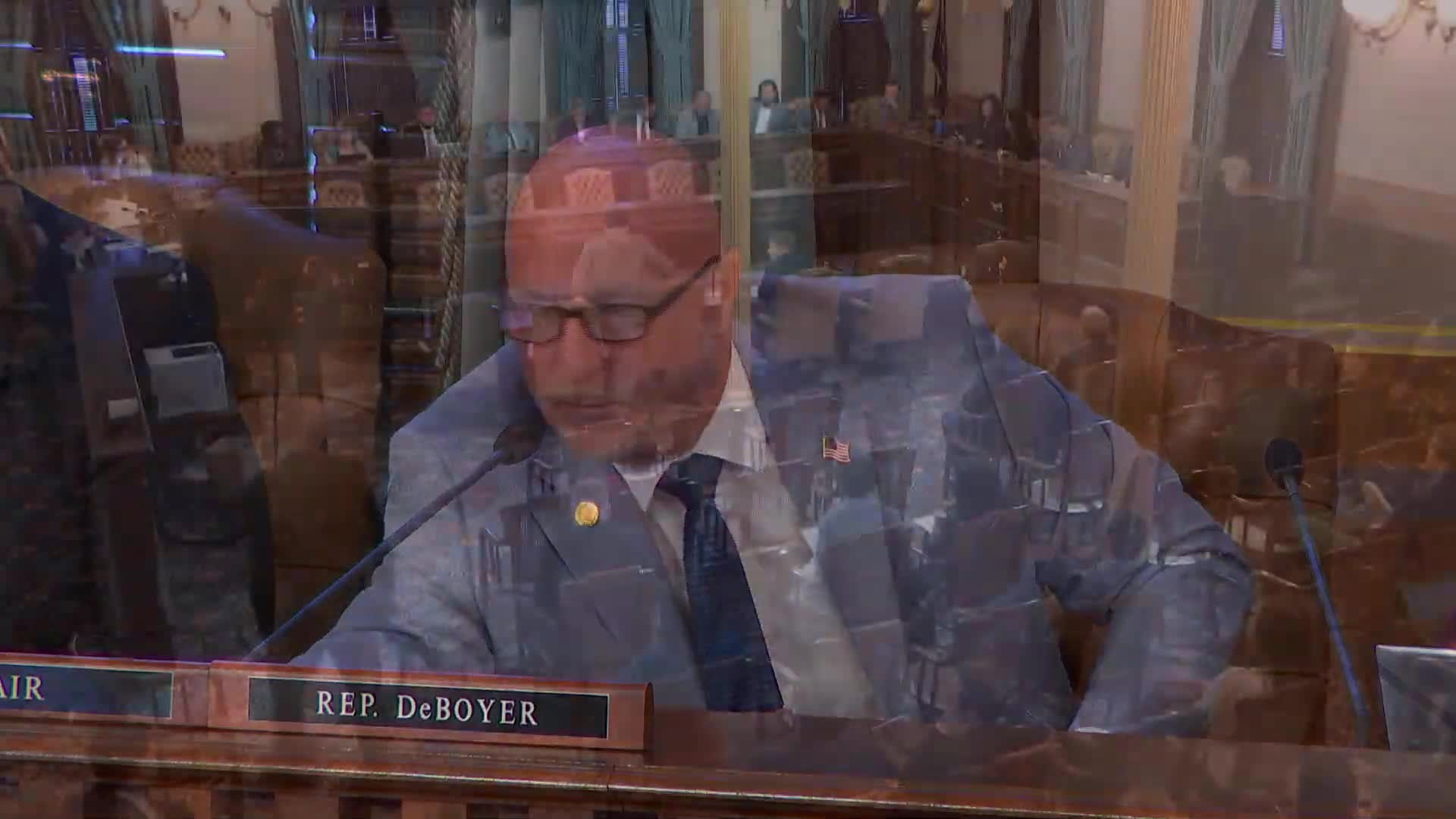Article not found
This article is no longer available. But don't worry—we've gathered other articles that discuss the same topic.
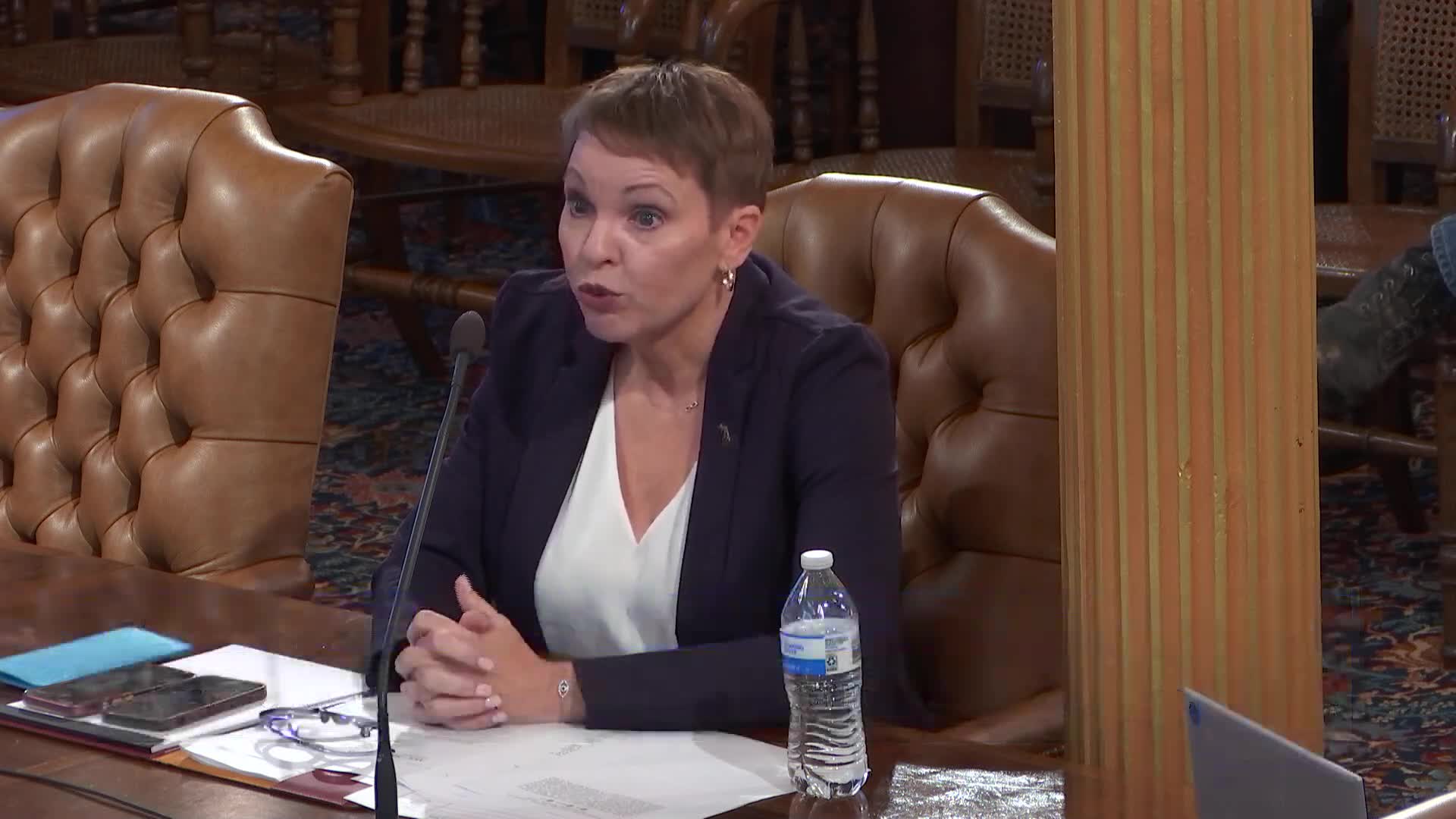
MDHHS Director Open to Standardizing Local Implementation of School Vaccination Exemptions
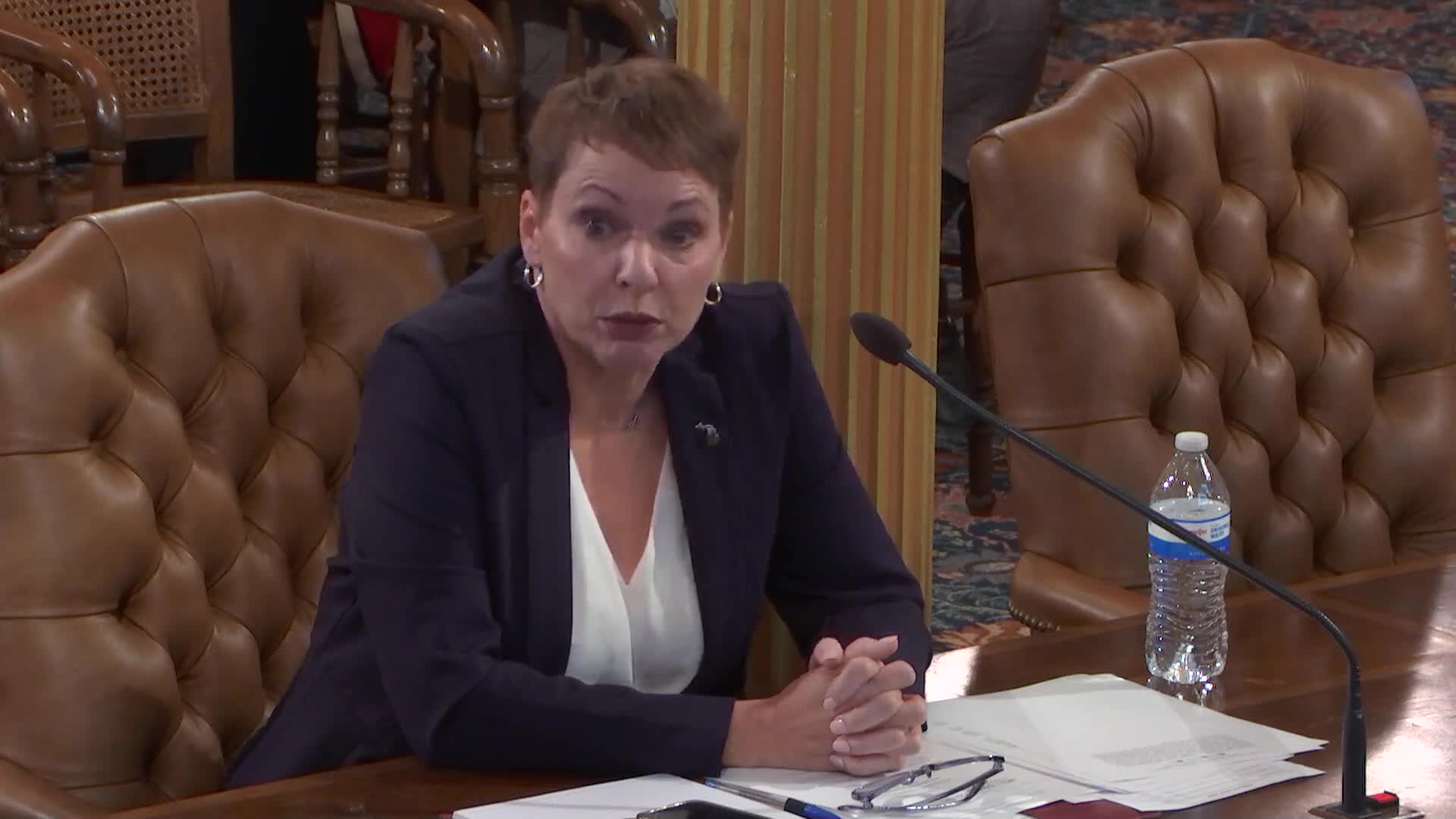
Lawmakers Press Hertel on Oversight Role at Michigan Public Health Institute
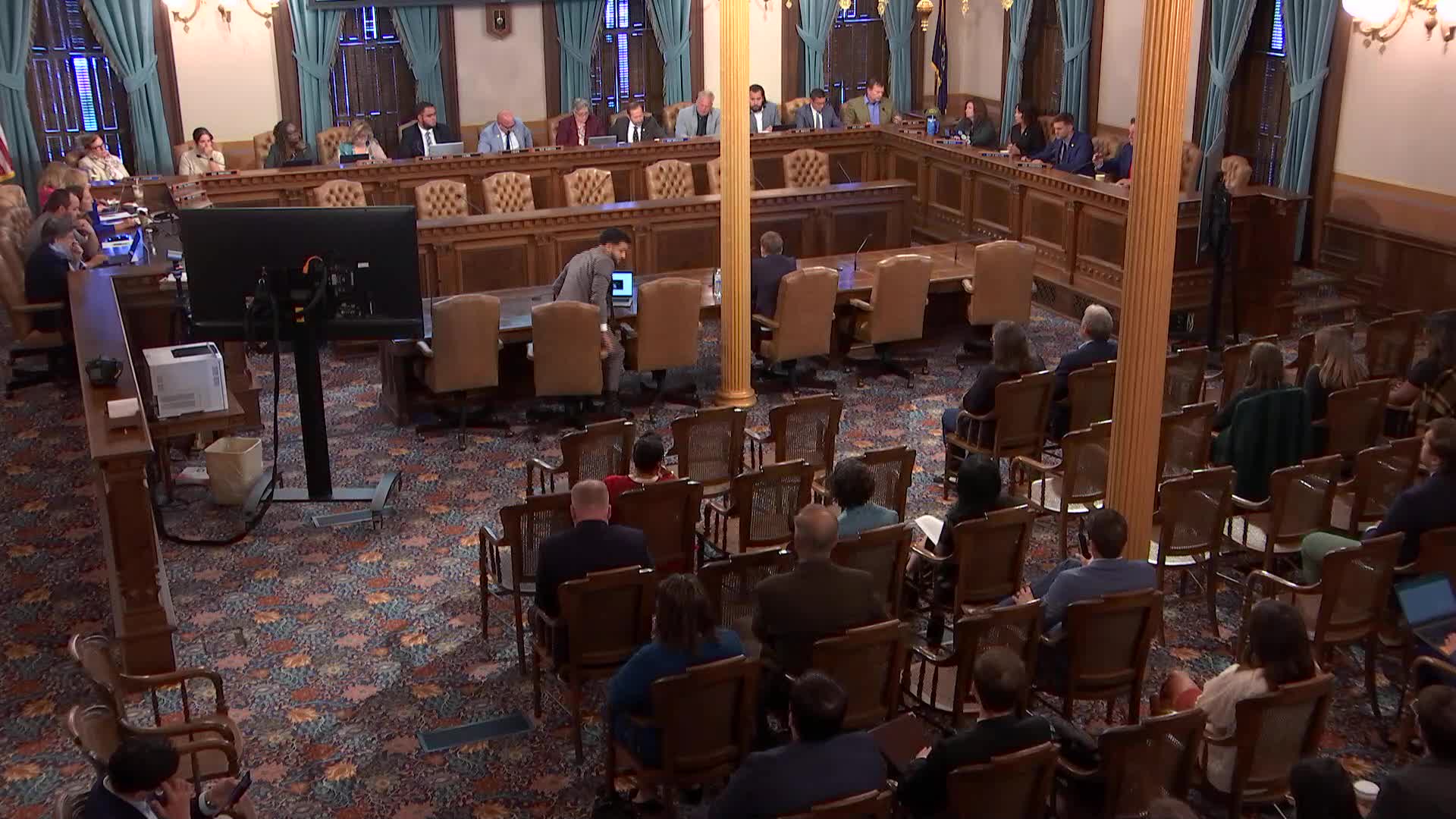
Oversight Committee Questions MDHHS on Psychiatric Bed Capacity and PIHP Procurement
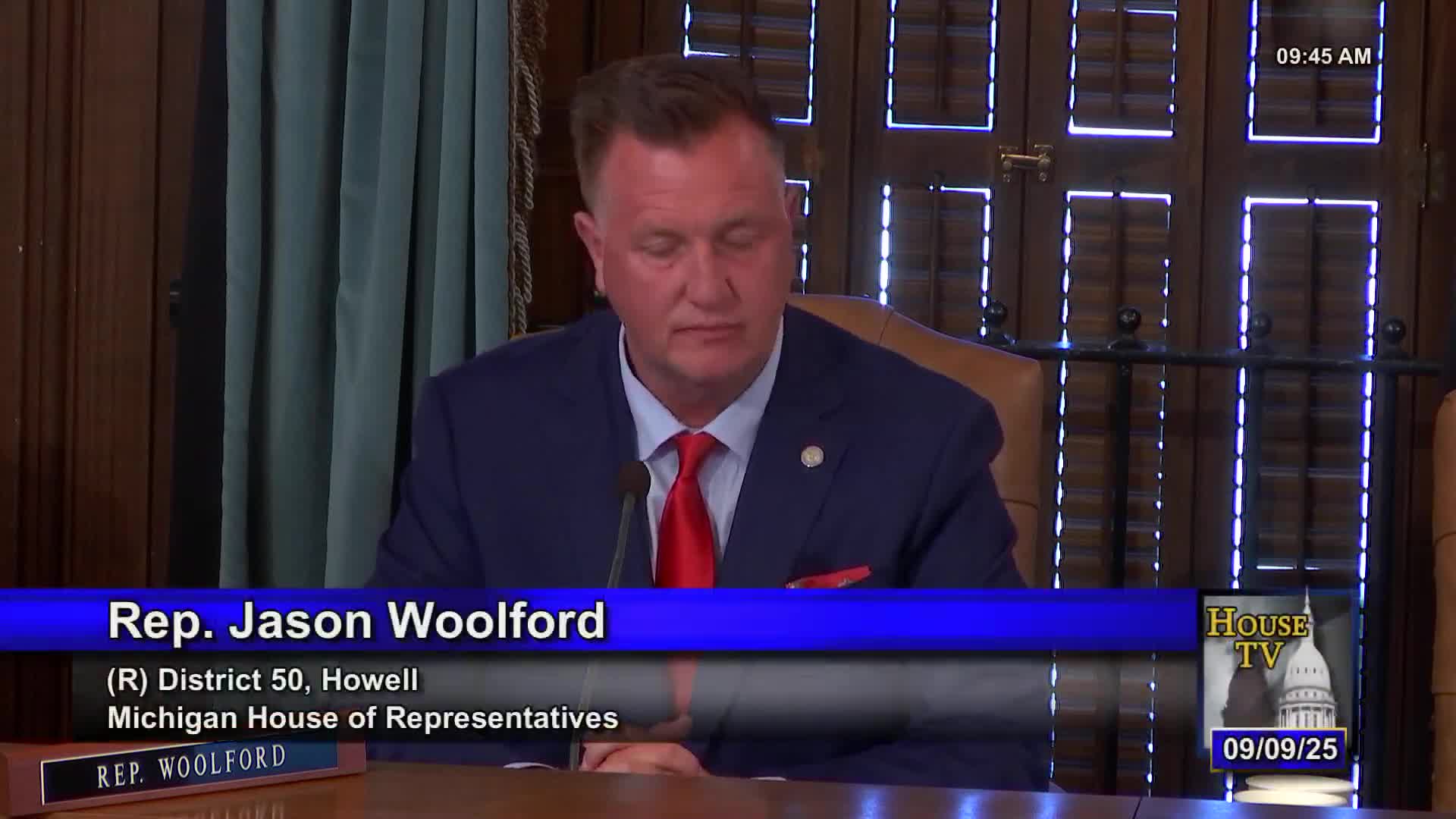
Lawmakers Warn MDHHS of SNAP Error‑Rate Penalties and MI Bridges Verification Gaps
